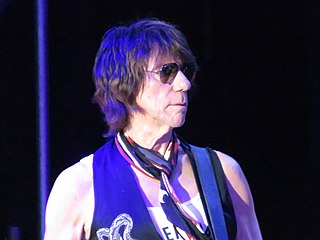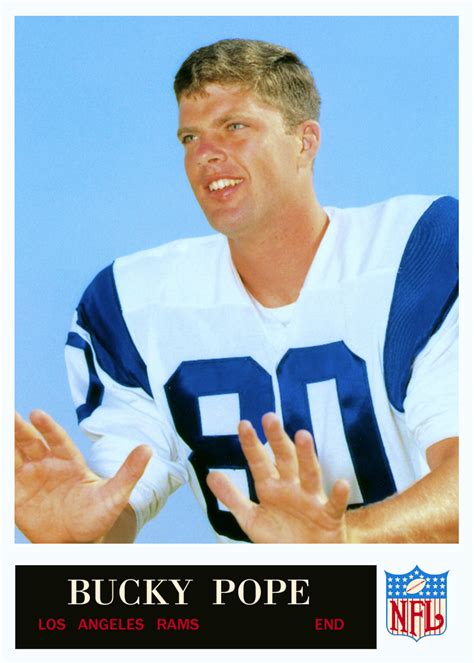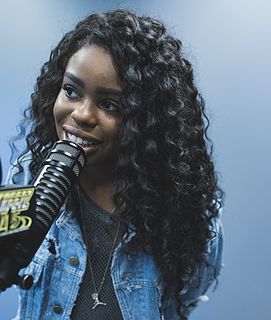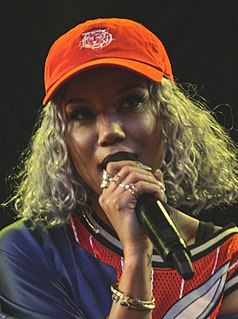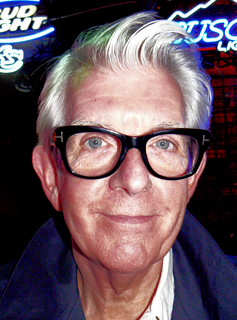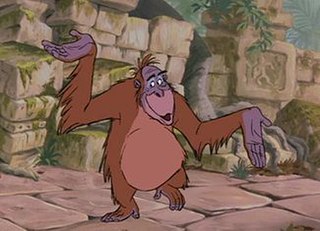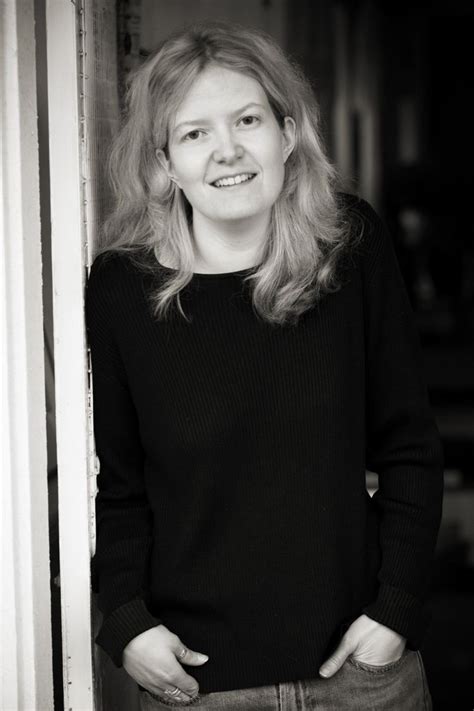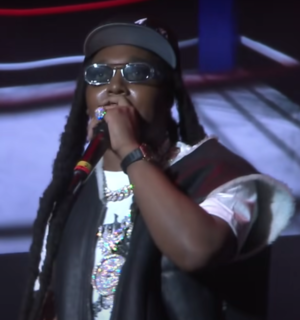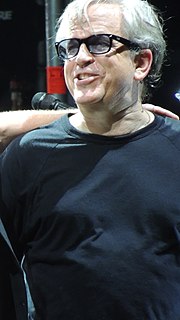A Quote by Talib Kweli
I listened to a mind joint, and I wanted to do my own version of it, and what you hear on my mixtape is my take on what the whole CD sounds like.
Related Quotes
I do hear snippets on the radio. I do hear a little bit of me, sometimes great chunks of me. But I have to take that as a compliment; there's no way you can get sour grapes about that. But if somebody starts taking your whole new thing lock, stock, and barrel, and do their own version of it before you do it, that's not on.
I think that if you are sticking to the text, essentially, you're not trying to write your own version of it. I mean, of course, it is your own version of it. And every translator would probably have a different version. But I think that that's what keeps the writers from being individual in English. They may be my English, but I don't think that Ferrante sounds like Levi.
The older I get, the more I think it's this listening. You listen for it, and you have a bit of patience. And it'll come until it sounds - to me, the best songs I've written, I think, are ones that I can't hear anything - any of myself in it. It sounds like a cover song, like somebody else's song - really something you've stolen wholesale off a radio that you've listened to in someone else's flat.
Several people inspired me like Lil' Wayne, Juvenile, the whole Cash Money camp, the No Limit camp, DMX, Jay-Z, Eminem, LL Cool J, I listened to all type of sh*t. I listened to R&B like Teena Marie, just good music - anybody that made good music. When I was growing up out west I listened to Twista, Do or Die, and Crucial Conflict. They were the "it" artists in Chicago. I wanted to be like them on TV and all of that so that's how it all started.
After watching a couple of live performances of bands like Nirvana, I was really excited and inspired by how raw and powerful it was. I wanted to at least aim in that direction with the guitar and do my own version of it. I know it doesn't really sound like that on the other end, but I wanted guitar, heavy rhythms, and singing to be the stamp of the whole thing.
Most people don't take some things into consideration. When they hear an album, they hear the artist or they hear the lyric or they hear the melody. But they don't really think about the environment in which it was recorded, which is so important. It's that thing that determines what the album sounds like.


